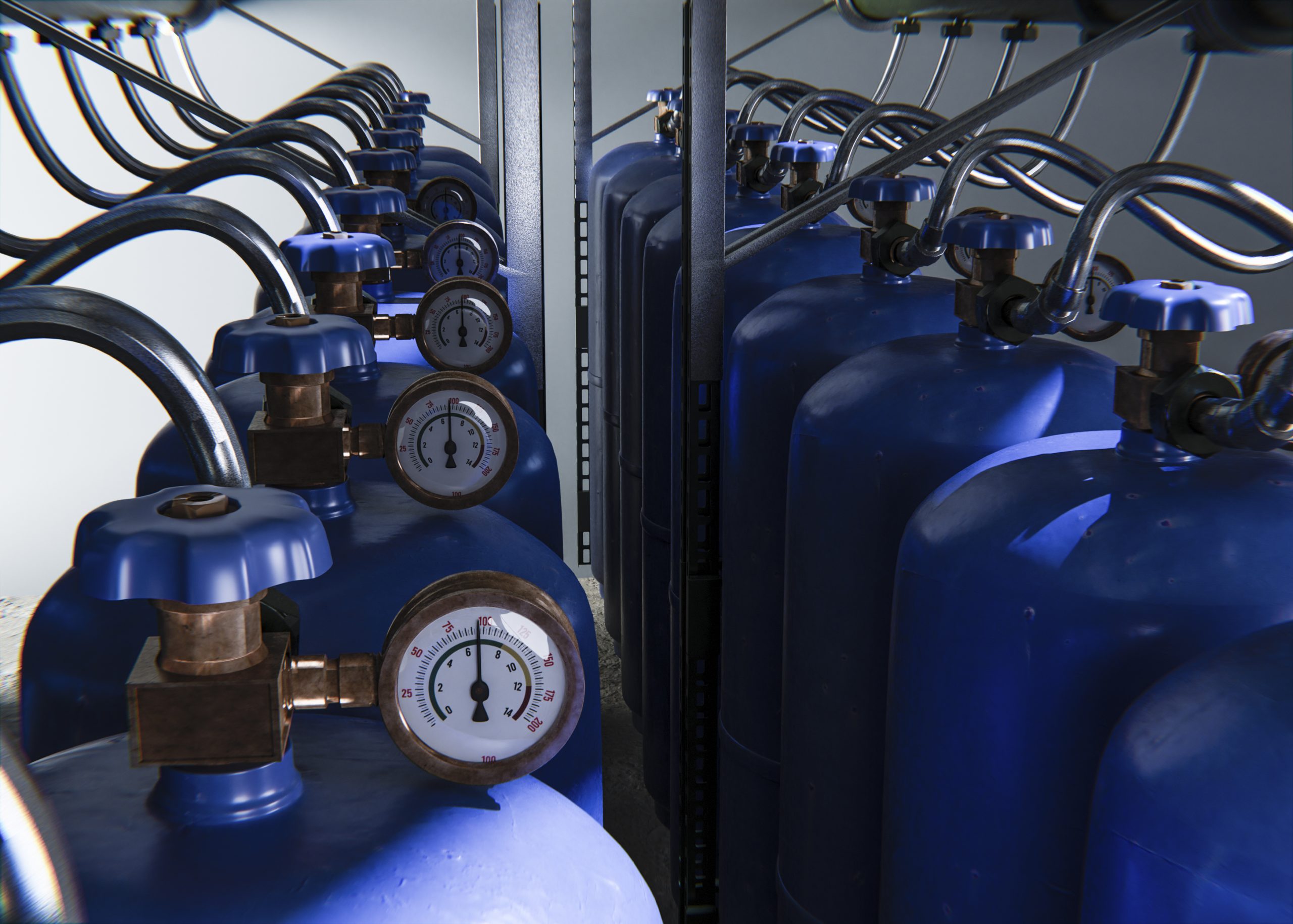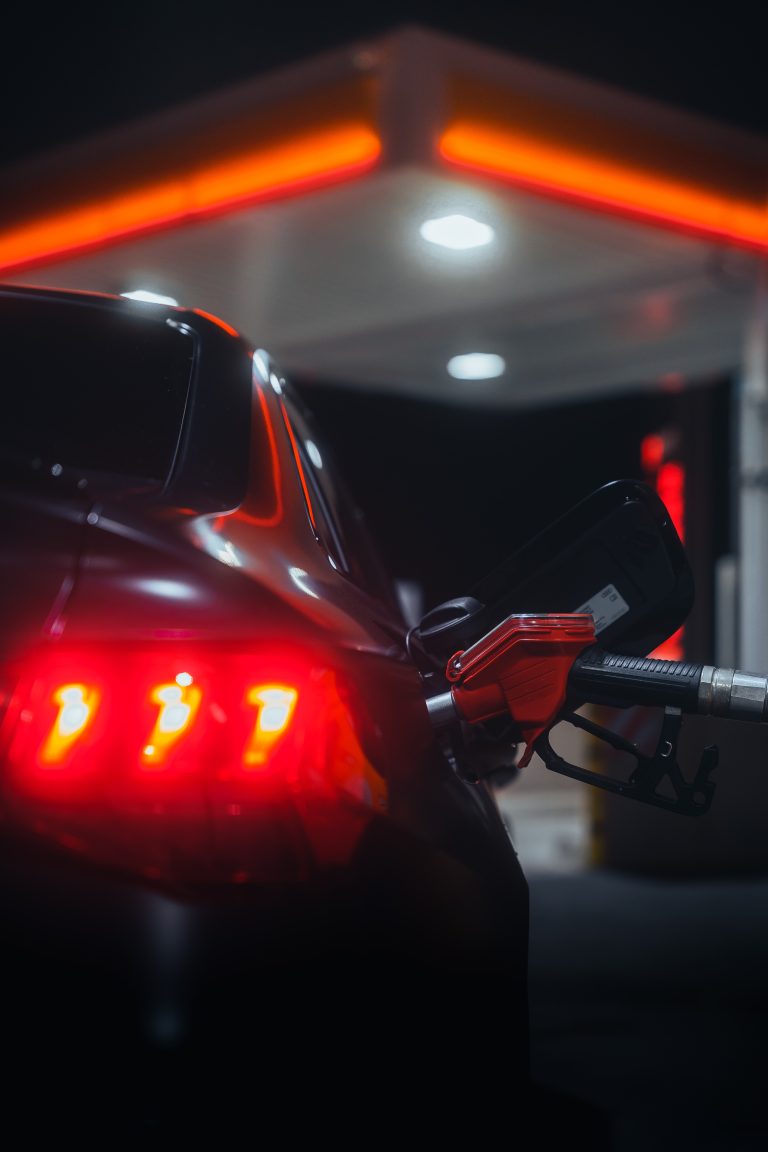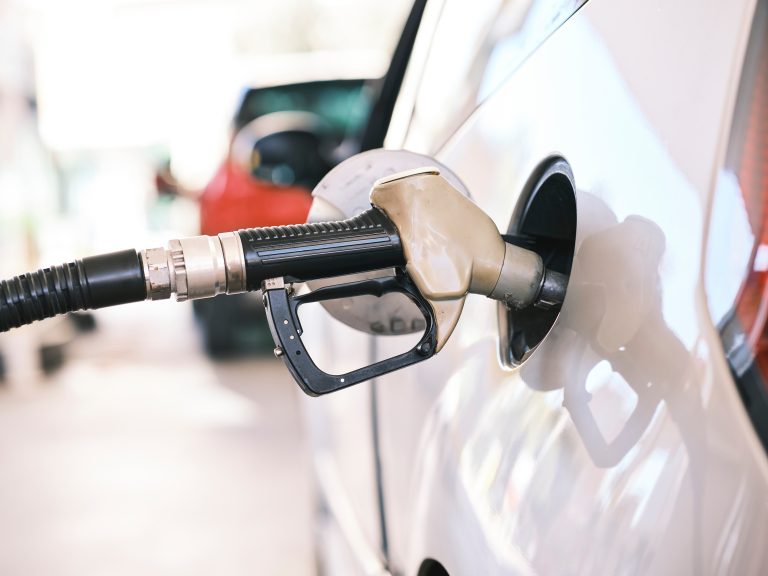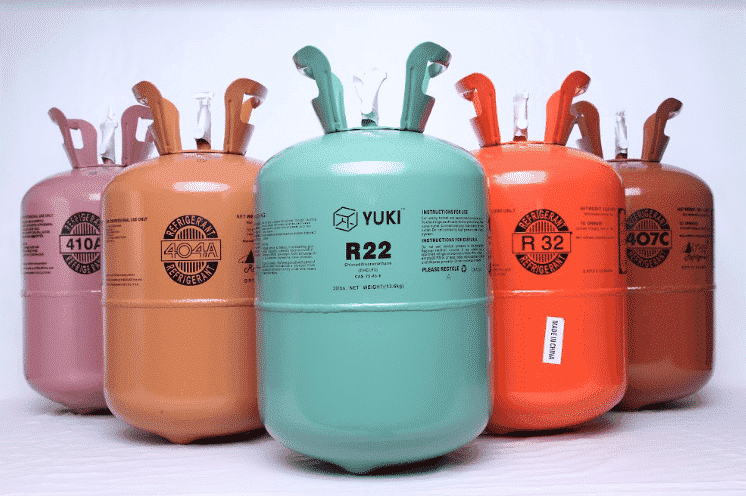When it comes to your vehicle’s fuel system, even something as seemingly insignificant as air can make a big difference. Understanding the presence of air in your gas tank is crucial for maintaining optimal engine performance and fuel efficiency. In this article, we’ll delve into the causes, effects, and solutions related to “Air in Gas Tank.”

The Role of Air in Fuel Systems
Fuel systems are designed to deliver a precise mixture of fuel and air to the engine. However, when air infiltrates the gas tank, it disrupts this delicate balance. Air bubbles in the fuel can wreak havoc on your vehicle’s performance and fuel economy.
Signs and Symptoms of Air in the Gas Tank
Detecting air in your gas tank is vital for addressing issues promptly. Look out for signs such as sputtering, poor acceleration, and decreased fuel efficiency. These symptoms often indicate that air has found its way into the fuel system.
Causes of Air Entering the Gas Tank
Air can enter the gas tank through various means. Common culprits include loose or damaged gas caps, cracks in the fuel tank, or even condensation during extreme weather conditions. Identifying the source of the problem is the first step toward a solution.
Effects on Engine Performance
Air in the gas tank can disrupt the combustion process, leading to decreased engine performance. It can result in rough idling, misfires, and reduced power output. Addressing this issue promptly is essential to avoid more extensive damage.
Preventing Air from Entering the Gas Tank
Prevention is key when it comes to air in the gas tank. Ensure that your gas cap is tightly sealed after refueling, and regularly inspect it for any signs of wear or damage. Additionally, park your vehicle in a sheltered area to minimize condensation inside the tank.
Testing for Air in the Gas Tank
If you suspect the presence of air in your gas tank, there are simple tests you can perform. One method involves tapping the tank and listening for a hollow sound, which indicates air. Professional mechanics can also use specialized equipment to diagnose the issue accurately.
Removing Air from the Gas Tank
To eliminate air from the gas tank, consider filling it to the brim during your next refueling. This minimizes the space available for air to accumulate. Additionally, some vehicles are equipped with air bleed valves that can release trapped air.
Fuel Additives for Air Prevention
Several fuel additives are designed to prevent air-related issues. These products can help break down air bubbles in the fuel, allowing for smoother combustion and improved engine performance. Consult your vehicle’s manual or a trusted mechanic for suitable additives.
Common Myths about Air in Gas Tanks
There are several misconceptions surrounding air in gas tanks. One common myth is that adding more fuel to the tank can push out the air. In reality, this is a temporary solution and doesn’t address the root cause.



Fuel Efficiency and Air in the Tank
The presence of air in the gas tank can significantly impact fuel efficiency. When the engine has to work harder to compensate for air bubbles, it consumes more fuel. Maintaining a clean and air-free fuel system is essential for maximizing miles per gallon.
How Weather Affects Air in the Gas Tank
Weather conditions, particularly extreme cold, can exacerbate the issue of air in the gas tank. As temperatures drop, the likelihood of condensation forming inside the tank increases. Be extra vigilant during winter months.
Air in Gas Tank vs. Water Contamination
It’s essential to differentiate between air and water contamination in your fuel system. While both can cause problems, they require distinct approaches for resolution. Air issues often manifest as performance problems, while water contamination can lead to engine damage.
Air in Diesel vs. Gasoline Tanks
The impact of air in fuel systems can vary between diesel and gasoline engines. Diesel engines are more sensitive to air, and the consequences of air infiltration can be more severe. Regular maintenance and vigilance are critical for both types of engines.
Fuel System Maintenance
Proper maintenance is your best defense against air-related problems in your gas tank. Regularly inspect and clean your fuel system components, including filters, to ensure optimal performance. Scheduled maintenance can prevent costly repairs down the road.
Fuel Filters and Air Traps
Fuel filters play a crucial role in trapping contaminants, including air, before they reach the engine. Make sure to change your fuel filter at the recommended intervals to maintain a clean fuel system.
Case Studies
Let’s take a look at a couple of real-life scenarios where air in the gas tank caused issues and how they were resolved:
Case Study 1:
Description: A car owner noticed a significant drop in fuel efficiency and poor acceleration. Solution: The fuel system was inspected, and a damaged gas cap was replaced, eliminating the air entry point.
Case Study 2:
Description: A truck’s engine was consistently misfiring and had rough idling. Solution: The fuel system was flushed, and a fuel additive was used to break down air bubbles. The engine performance improved noticeably.
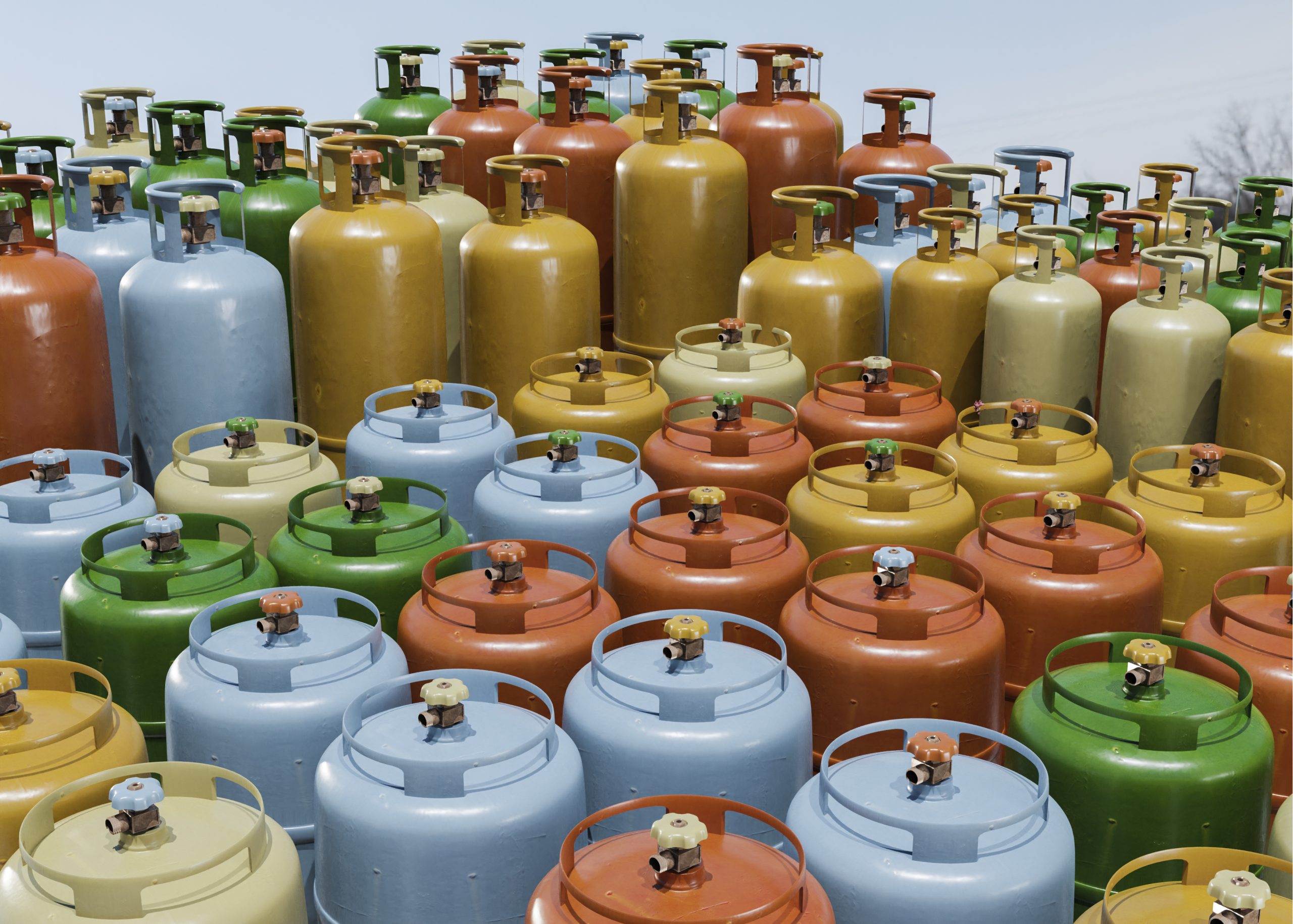

Environmental Concerns
Apart from affecting your vehicle’s performance, air in the gas tank can have environmental implications. Inefficient combustion due to air bubbles can lead to increased emissions, contributing to air pollution. Keeping your fuel system clean is not only good for your vehicle but also for the environment.
Safety Precautions
When dealing with fuel-related issues, always prioritize safety. Work in a well-ventilated area, and avoid open flames or sparks. If you’re unsure about addressing the problem yourself, consult a professional mechanic.
Common DIY Mistakes to Avoid
While it’s tempting to tackle air-related issues on your own, some common mistakes can worsen the problem. Avoid using makeshift methods like excessive refueling or blowing compressed air into the gas tank, as they can cause more harm than good.
Frequently Asked Questions
Q: Can air in the gas tank damage my engine?
A: Yes, air can lead to poor combustion and damage your engine over time.
Q: How often should I change my fuel filter?
A: Consult your vehicle’s manual, but generally, it’s recommended every 20,000 to 30,000 miles.
Q: Can air in the gas tank cause stalling?
A: Yes, air bubbles can disrupt the fuel supply and lead to engine stalling.
Q: Are there fuel additives that can prevent air issues?
A: Yes, some fuel additives are designed to break down air bubbles and improve combustion.
Q: Is air in the gas tank more common in certain weather conditions?
A: Yes, extreme cold can increase the likelihood of air forming due to condensation.
Q: Can I drive my car if I suspect air in the gas tank?
A: It’s not advisable, as it can lead to engine damage. Address the issue before driving.
Conclusion
In conclusion, understanding and addressing air in the gas tank is essential for maintaining your vehicle’s performance, fuel efficiency, and environmental impact. Regular maintenance, vigilance, and the use of appropriate additives can go a long way in keeping your fuel system air-free and your engine running smoothly.

